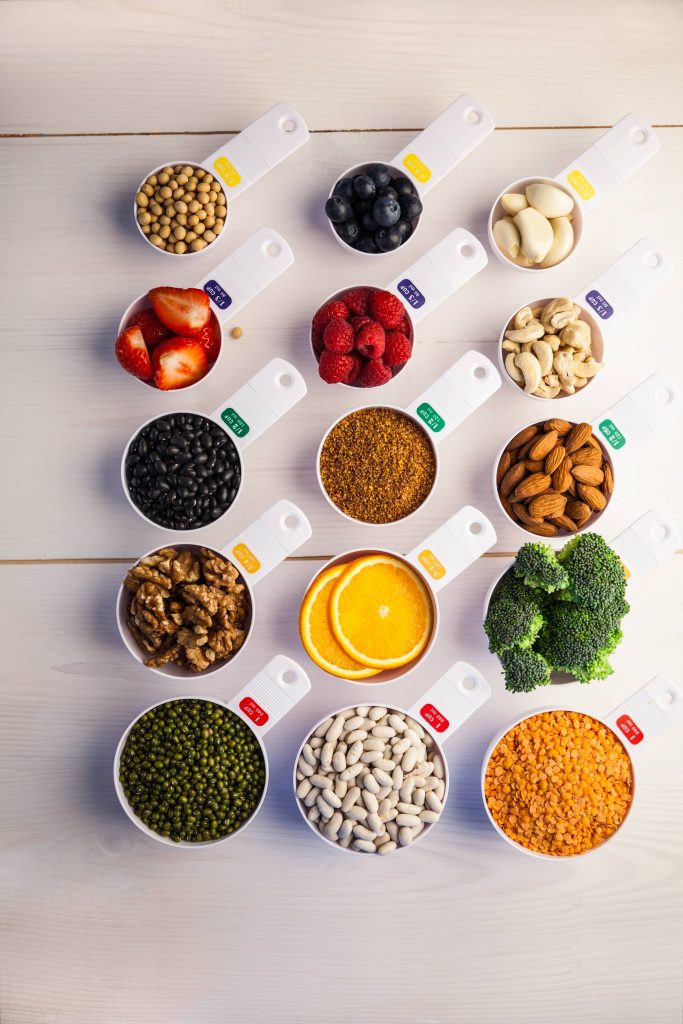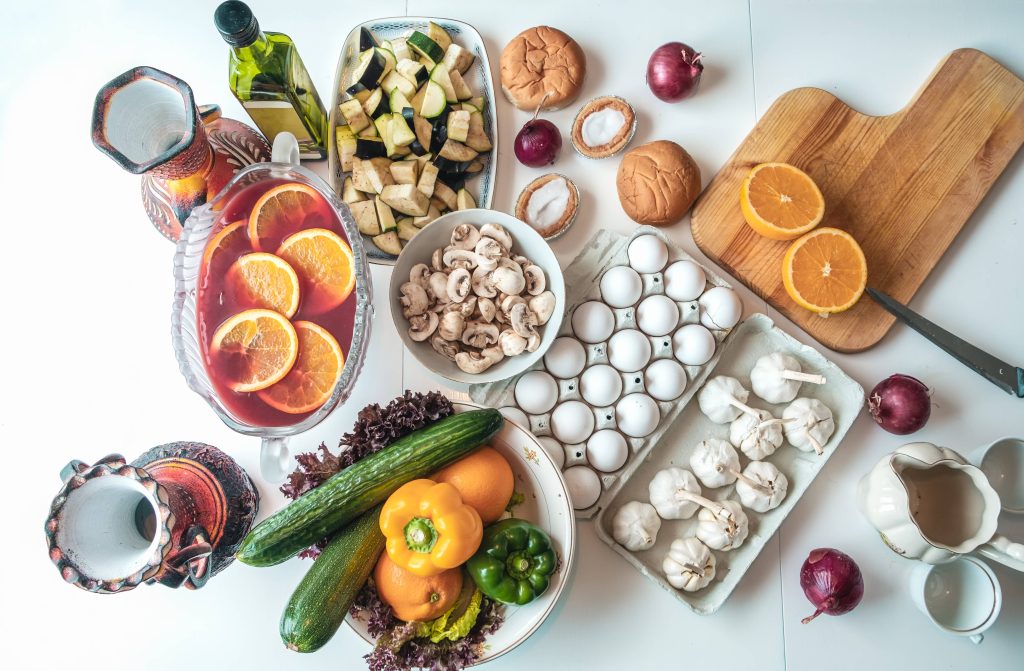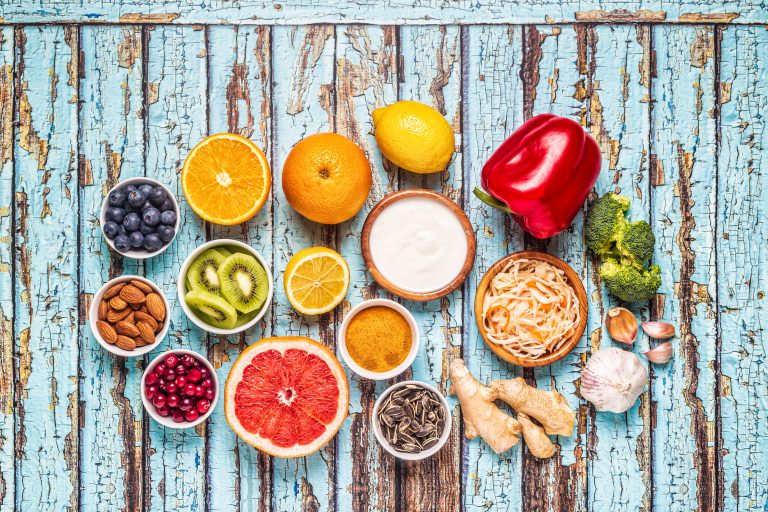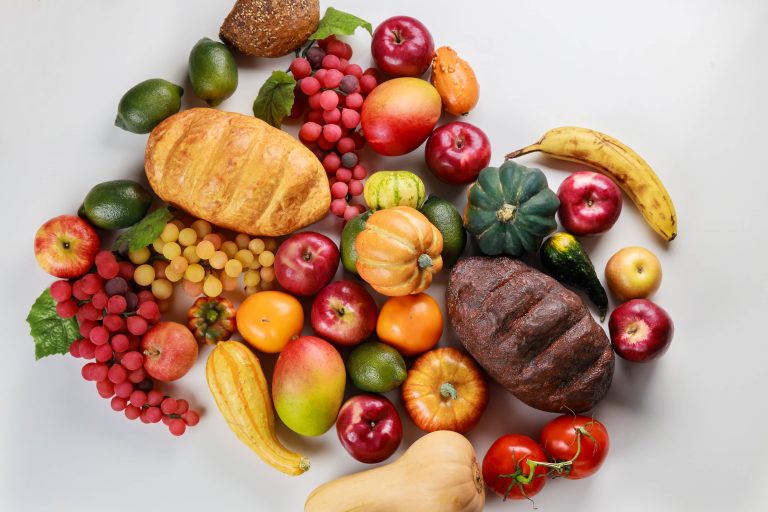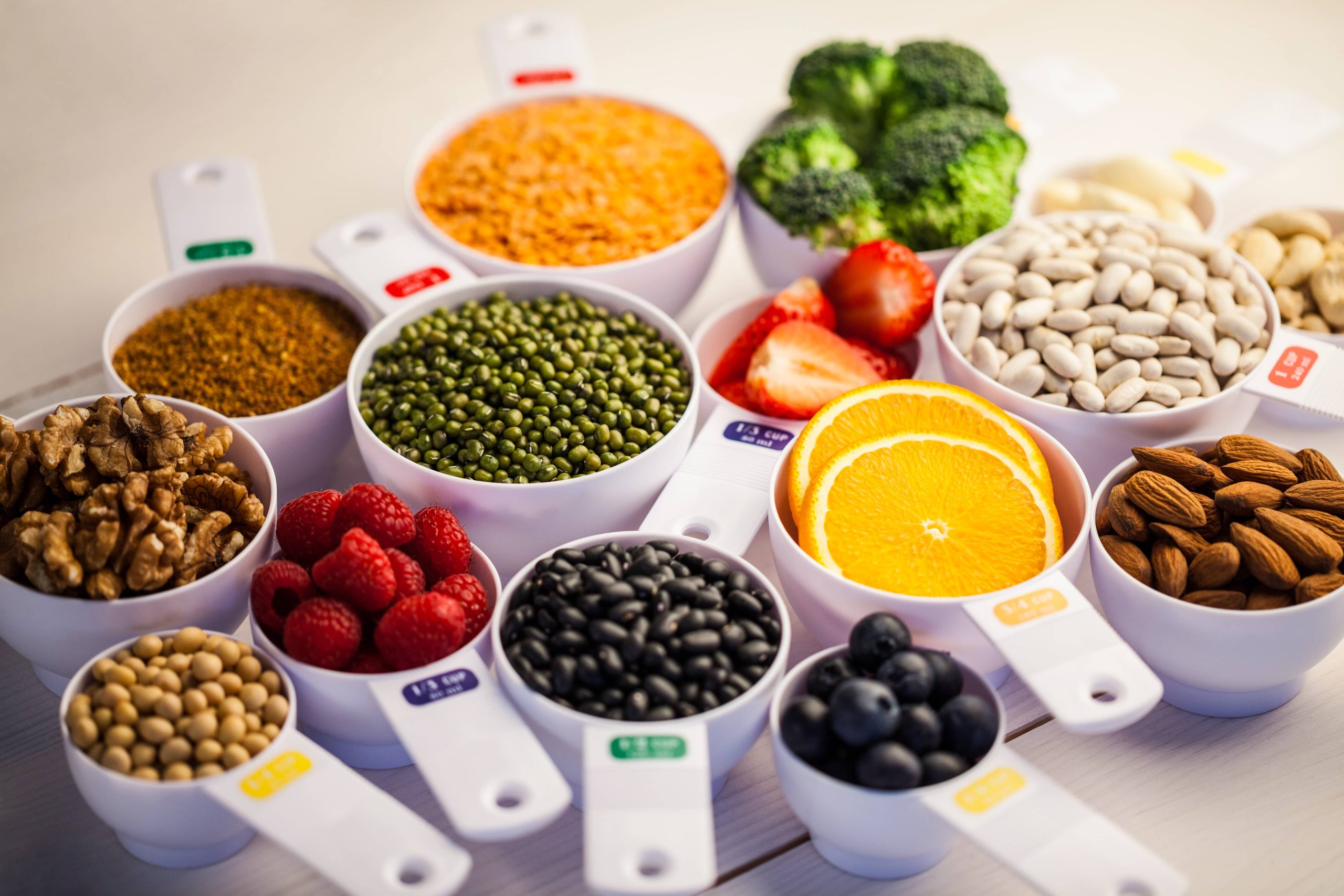
As a parent, guardian, or mentor, one of the most impactful things you can do is guide your teenager toward making healthy food choices. Adolescence is a transformative period filled with growth, discovery, and sometimes a stubborn quest for independence. Nurturing healthy eating habits during these formative years can lay the groundwork for a lifetime of wellness. With the number of convenience foods and mixed messages about diet and nutrition, helping your teen navigate these waters can seem daunting. However, with understanding, patience, and guidance, you can empower your teen to make informed, healthy decisions about their diets.
Understanding Teenage Nutrition Needs
Firstly, it is important to grasp the unique nutritional needs of teenagers. Adolescents go through dramatic changes—physically, cognitively, and emotionally—which require proper nutrition. During this time, their bodies need more calories, calcium, iron, and protein than adults since they are still developing. It’s essential to focus on nutrient-dense foods that provide both the energy and the components essential for growth, such as whole grains, lean proteins, fruits, and vegetables.
Yet, teaching your teen about nutrition isn’t just about ensuring they consume the right nutrients; it’s also about promoting a balanced relationship with food. It means encouraging them to appreciate the benefits of healthy eating without fixating on calories or allowing food to become a source of anxiety or guilt.
Starting the Conversation about Healthy Eating
Communication is key to guiding your teen towards healthier eating habits. Start by having open conversations about food and nutrition without judgment or overt criticism. Create a safe space where they feel comfortable discussing their food preferences, experiences, and even any misconceptions they might have.
Educating them on reading food labels, understanding portion sizes, and discussing how different foods impact their energy and mood can empower them to make informed decisions. Encouraging questions and curiosities about nutrition will also help them feel involved and more invested in their choices.
Lead by Example
Modeling healthy eating habits is arguably the most effective method of teaching teens about nutrition. Teens are observant and are more likely to heed actions over words. By consistently demonstrating balanced eating habits, such as incorporating a variety of foods into your diet and showing enthusiasm for trying new foods, your teen is more likely to follow suit.
Moreover, engaging in family meals as frequently as possible can instill a sense of normalcy and enjoyment around healthy eating. Research has shown that adolescents who regularly participate in family meals exhibit healthier eating patterns and are less likely to develop eating disorders.
Encourage Cooking Skills
Engaging your teenager in meal preparation can be a game-changer in fostering healthy eating habits. When teens are involved in cooking, they naturally learn about different foods and how to prepare them in a healthy manner. It’s a practical skill that builds confidence, creativity, and independence.
Start with simple recipes and cooking techniques, focusing on the fun and explorative aspects of food preparation. Whether it’s whipping up a nutritious breakfast smoothie or preparing a full dinner course, the tactile experience of cooking can nurture an enthusiasm for nutritious foods that pre-packaged meals simply cannot match.
Healthy Snacks: A Must
Teenagers are known for their hefty appetites, and snacks can play a large role in their diets. Instead of allowing your teen to reach for the usual chips or candy, empower them by stocking your home with healthy snack alternatives. Fresh fruits, vegetables with hummus, yogurt, nuts, and whole-grain snacks can effectively satisfy cravings and sustain energy levels between meals.
Teaching them how to build their own nutritious snack mix or flavorsome smoothie can give them a sense of control over their diet, while still adhering to healthful choices.
Balancing Indulgence
While it’s important to emphasize nutritious foods, avoiding an authoritarian stance on food is crucial. Adolescence often carries its fair share of rebellion, and strict dietary rules can lead to negative behaviors such as secret eating or an unhealthy view of indulgences as “bad.”
Balance is key. Encourage your teen to appreciate all foods in moderation and to view indulgences as part of a healthy and balanced lifestyle. This approach not only preserves their mental wellbeing but also helps in preventing the development of restrictive or binge-eating behaviors.
Encourage Active Lifestyles
Nutrition and activity go hand in hand. Encourage your teen to stay active, not as a means to control weight, but as an avenue for enjoyment and health. Whether they’re into team sports, dance, hiking, or simply walking or cycling with friends, maintaining an active lifestyle naturally complements sound dietary choices.
Physical activity also helps regulate mood and stress, which can indirectly influence food choices and promote a further understanding of how proper nutrition fuels performance.
Support and Reinforce
Lastly, be supportive and reinforce positive changes your teen makes toward healthier eating. Celebrate small victories, whether it’s finishing a cooking class, trying a new vegetable, or simply choosing water over soda. Aim to be a source of consistent encouragement and affirmation, helping them navigate the myriad of influences and pressures they might face regarding their bodies and eating habits.
In conclusion, guiding your teen toward making healthy food choices is a journey that encompasses much more than getting them to eat their vegetables. It is about equipping them with the knowledge, skills, and mindset necessary to foster a lifelong appreciation for health and well-being. With a balanced approach, honest conversation, and encouragement, you can play an invaluable role in shaping your teen’s relationship with food and nutrition.


